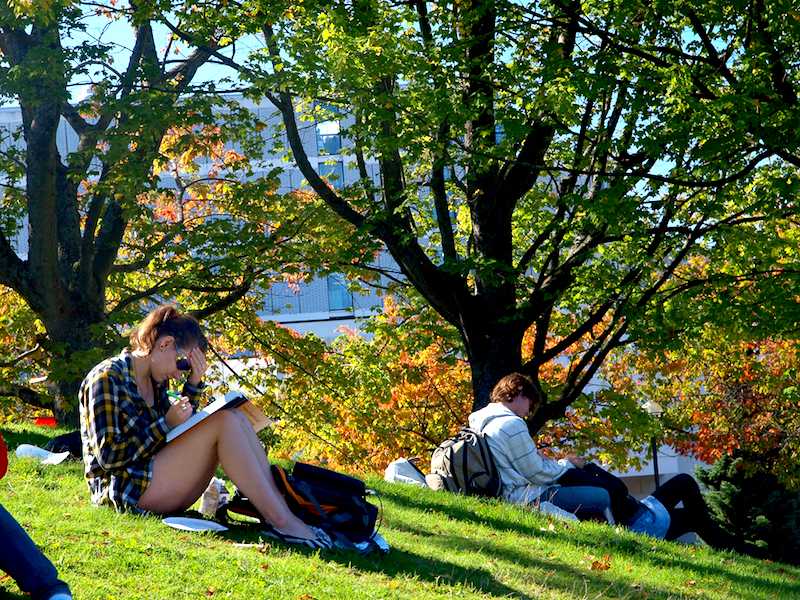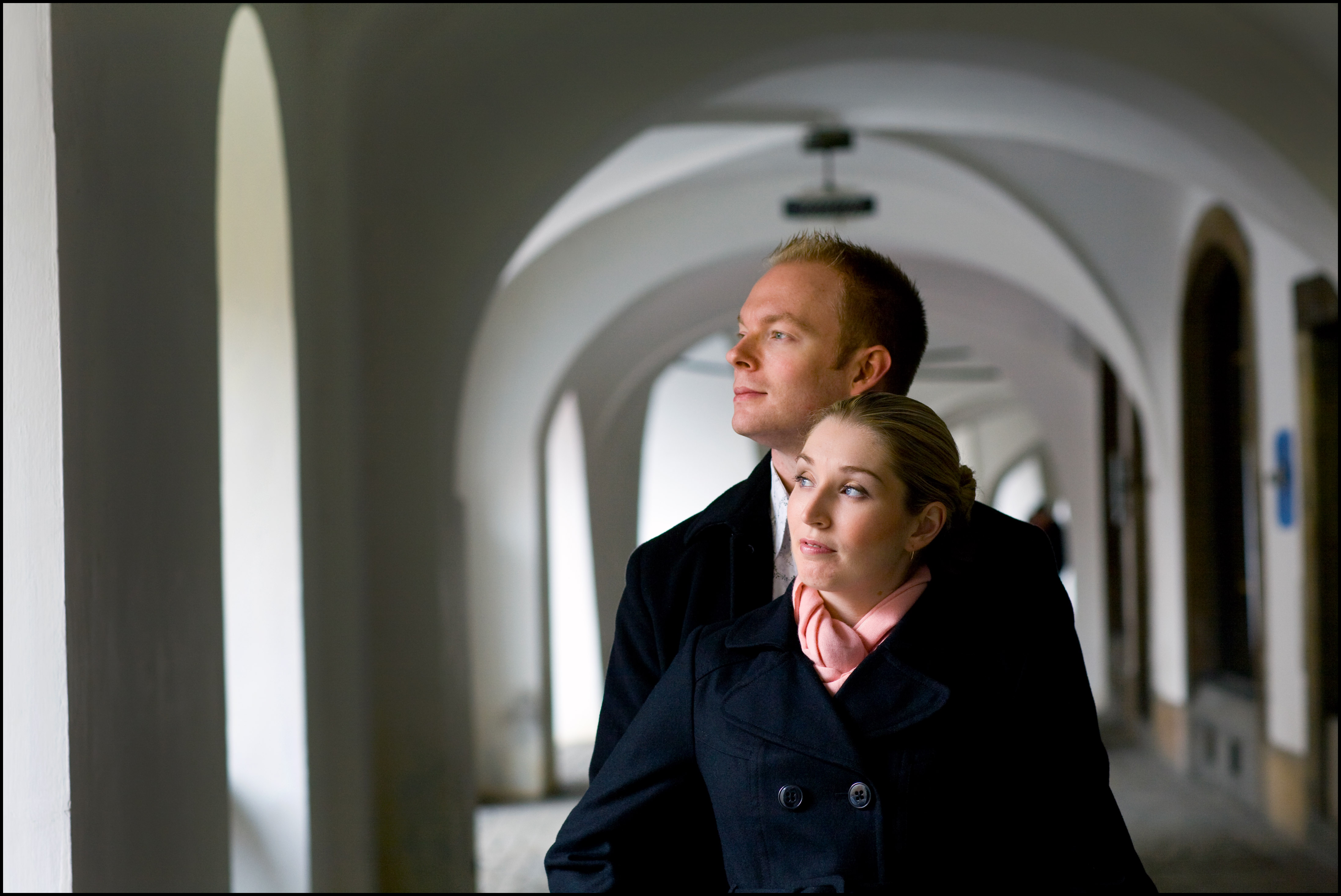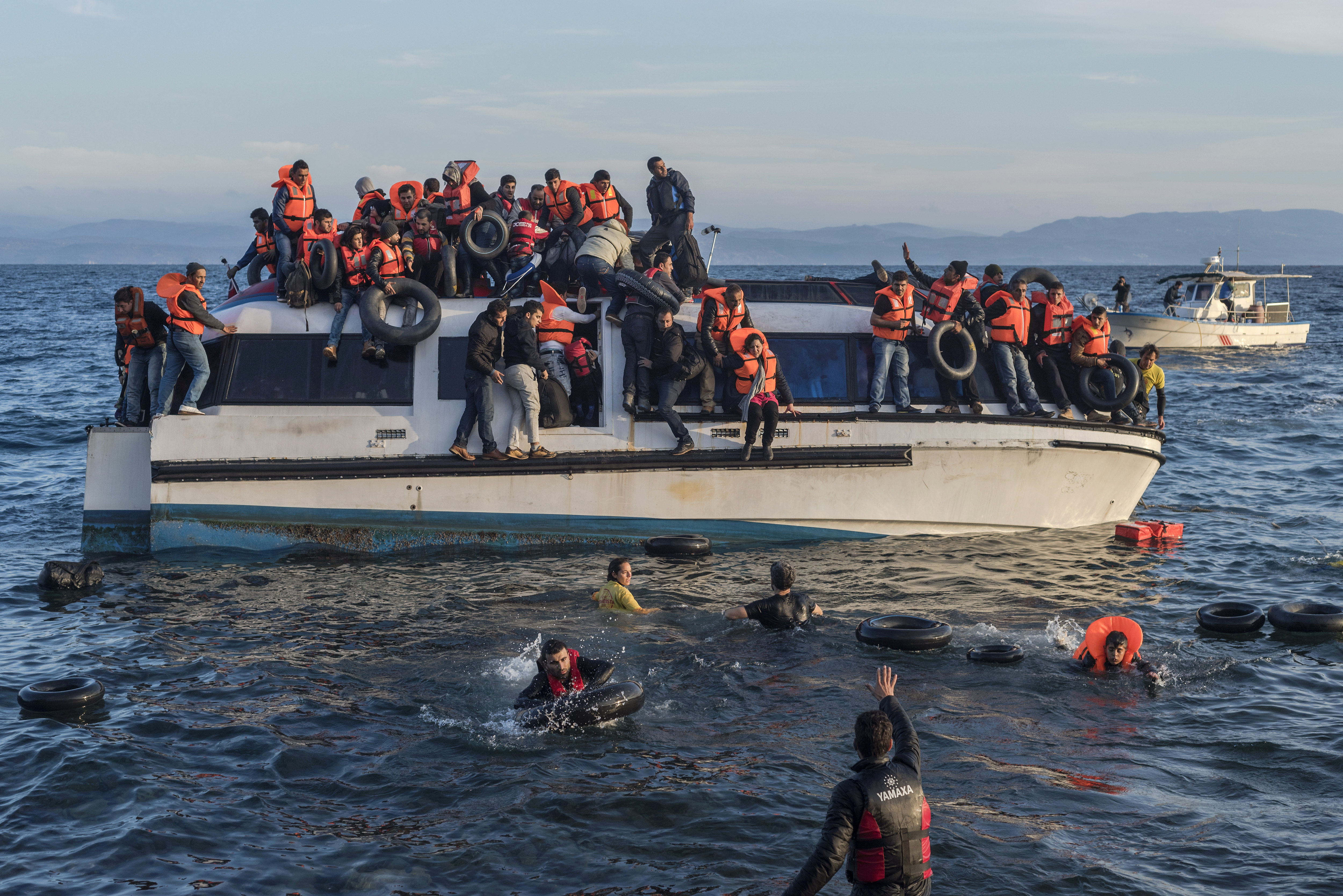When you think about post-secondary education, do international studies, political science or government administration cross your mind? The Program Spotlight series of articles will review selected college and university programs geared to those exploring education and career options in international relations and/or government.
Recognized as one of the 20 best public universities in the world, UBC is an innovative institution where students are challenged to develop new ideas. Located at UBC’s Vancouver campus, the undergraduate program in International Relations (IR) builds on that notion of innovation, as students combine academic learning with global experience. The IR program examines global issues including environment, trade and security, economic and social forces, and interactions between public, private and non-governmental actors. Students of this program will have the opportunity to explore different perspectives from the areas of economics, history, political science and languages.
Program breakdown: IR Major & IR Minor
Students of the IR Major program are expected to complete a mix of 60 credits in economics, history and political science courses such as: Security Studies, International Relations Theory and the International System, and International Organizations. UBC also has a language requirement in which IR Majors must complete 12 credits in one language aside from English.
In addition, students in their fourth year are required to take an IR seminar. Some examples are as follows:
- Seminar in the History of International Relations
- Seminar in International Economic Relations
- Problems in International Relations
The IR Minor at UBC is different, as students are required to complete 30 credits of IR courses, and in terms of the language requirement, IR Minor students must complete 6 credits in one language aside from English.
Additional program information
The IR program at UBC sits within the Liu Institute for Global Issues, which is a research centre that helps to develop action from research. Additionally, the value of international experience is understood and demonstrated at UBC, as IR students are given the opportunity to study, volunteer or work abroad. The international co-op program offers placements in countries such as Australia, Japan, Uganda, and many others! Students may find co-op positions in government, NGOs or private sector companies. For those who cannot embark on international opportunities, there are many ways to get involved in international relations at UBC.
Final thoughts
What can you do with this degree? According to UBC, there are many career options for IR graduates such as NGO work, international law, and policy work. In addition, students may go on to complete graduate studies in global affairs, public policy, business or law. In terms of career development, students may participate in the IR Tri-Mentoring Program, which builds the students’ capacity for networking and professional development. Students can also participate in the IR Coffees Program and take part in informational interviews with professionals in the field.
Do you want to learn more? Check out UBC’s IR program on Twitter, or take a look at their program overview for more detailed information!
Photo: UBC Campus by runner PL via Flickr. Licensed under CC BY-NC-ND 2.0.
Disclaimer: Any views or opinions expressed in articles are solely those of the authors and do not necessarily represent the views of the NATO Association of Canada.




